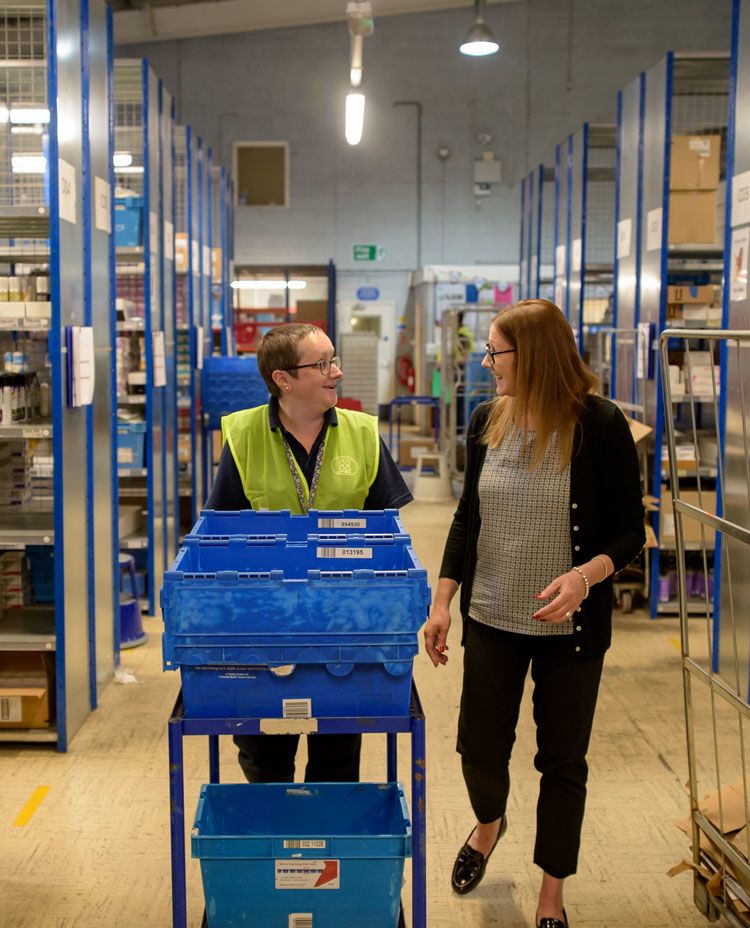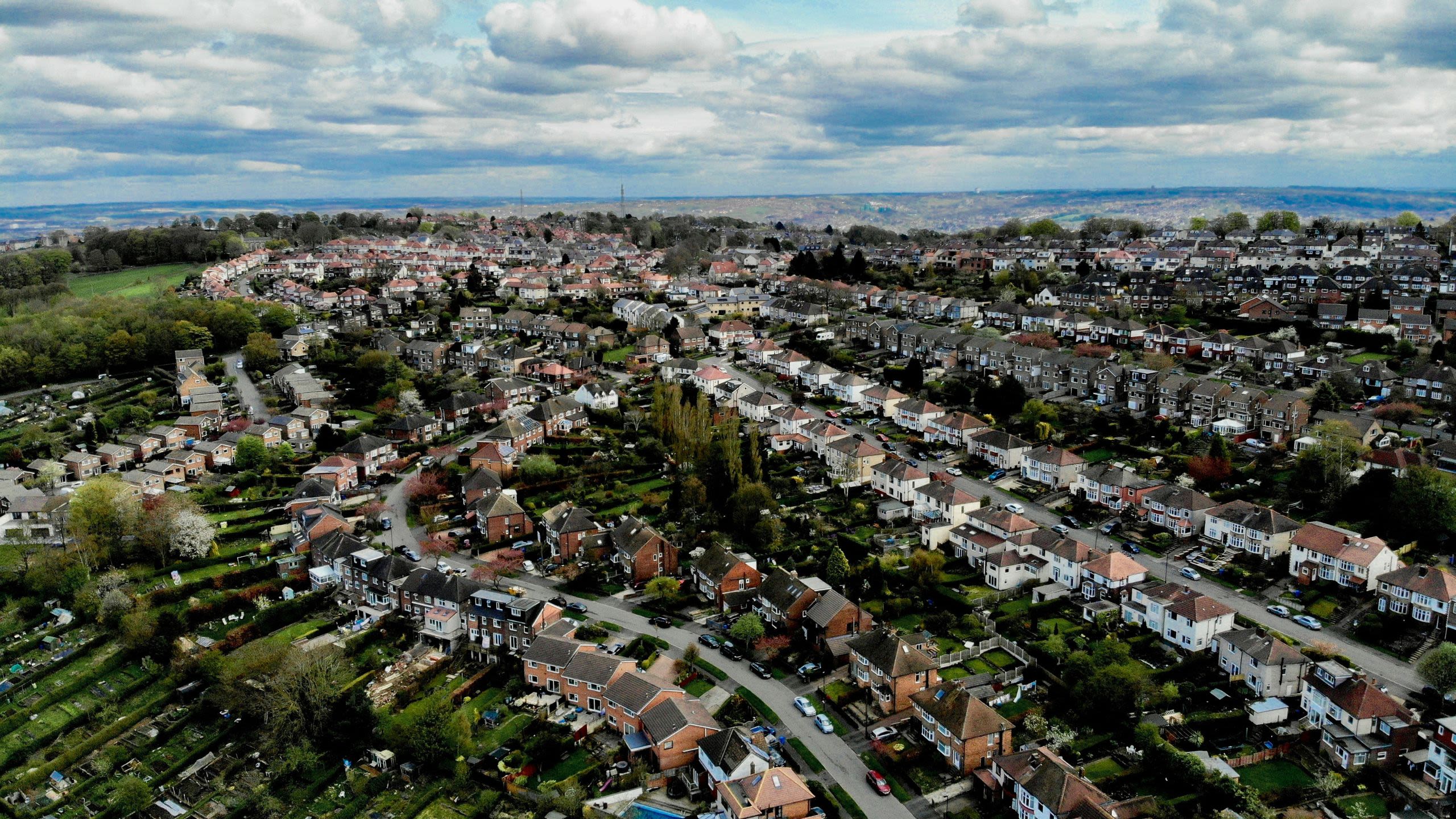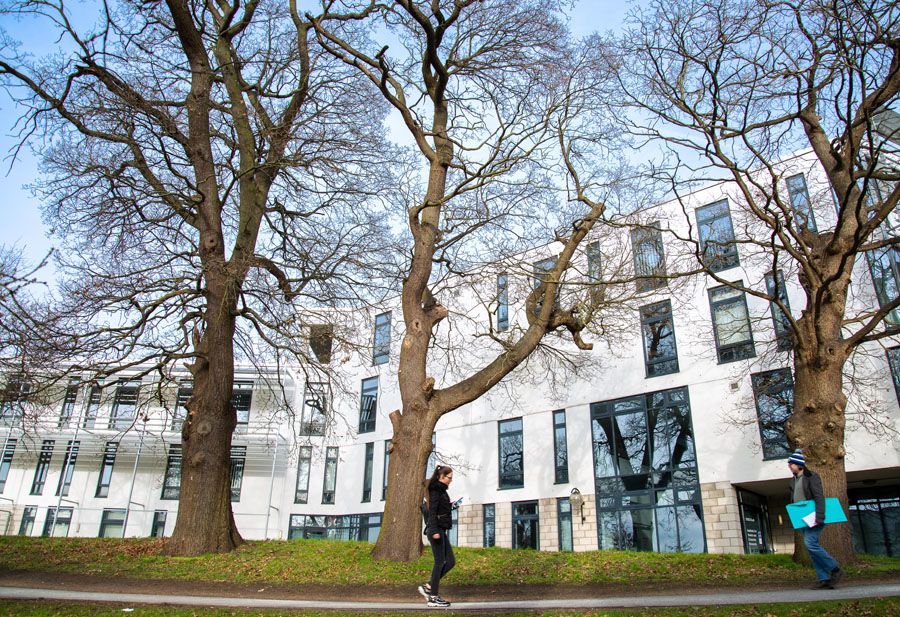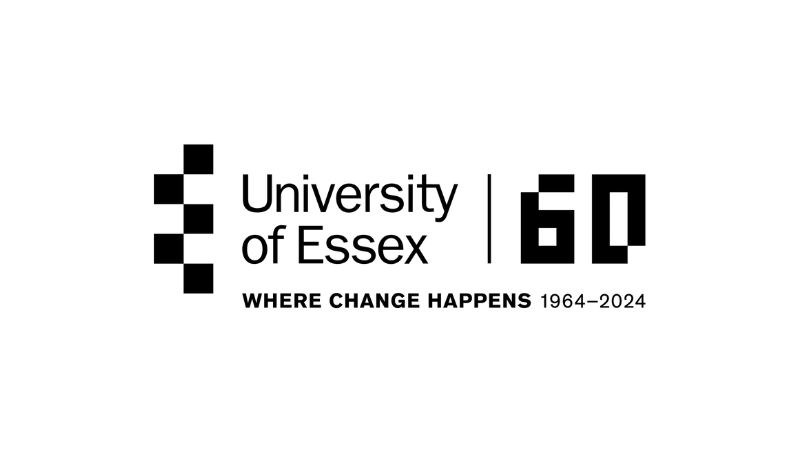Tracking your lives ...to help us all
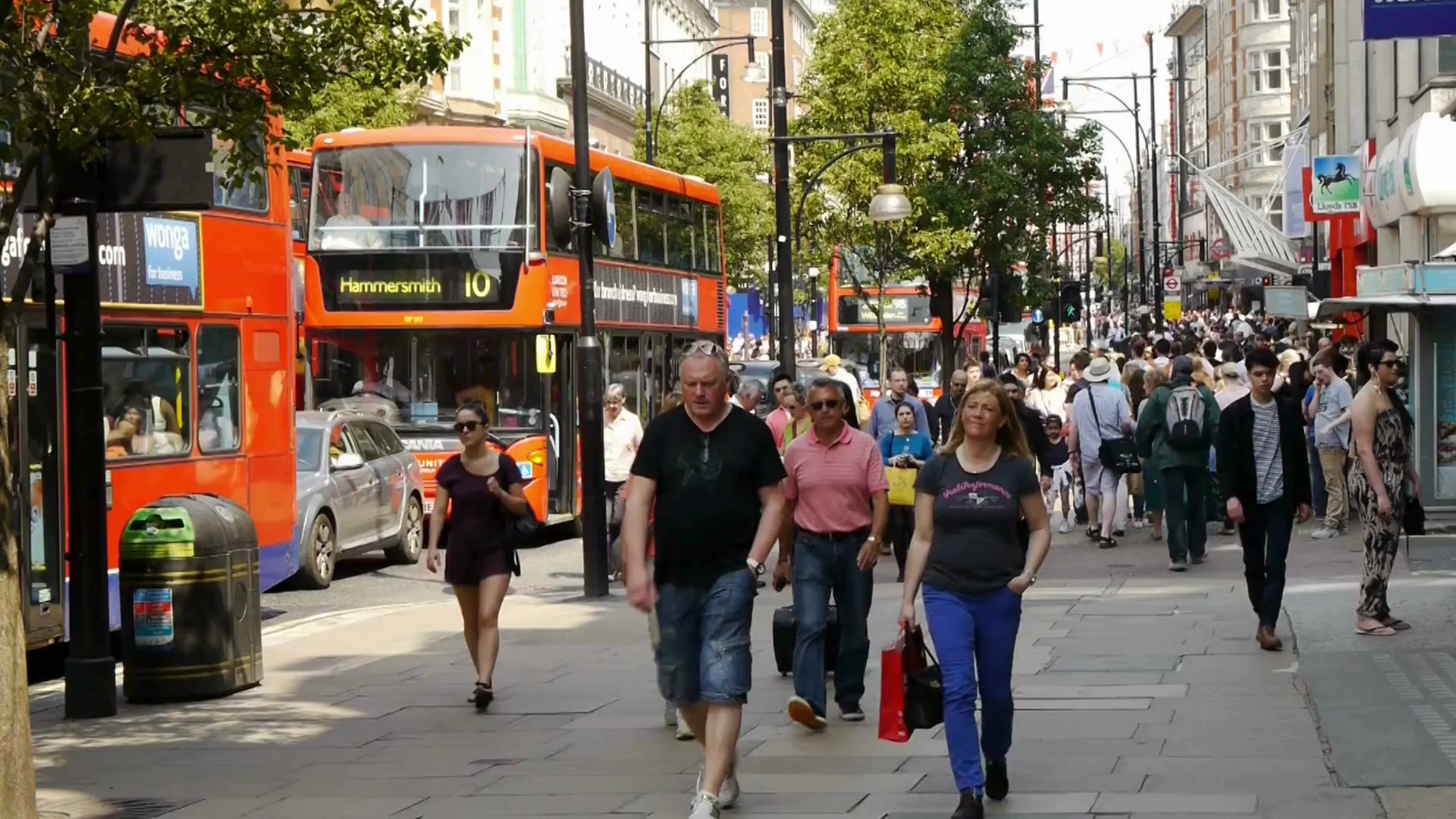
How can we make better decisions about the future of our country if we don’t actually know how people’s lives are changing?
The ground-breaking research project Understanding Society was set up to tackle this challenge – and has been following the lives of the same people for over 30 years.
Providing vital evidence on the experiences of real people in the UK, it is used to power official statistics, guide national policy and give insights into our economic, social and health issues.
Understanding Society is a longitudinal survey, which means we track people’s experiences over a long time period.
Each year, tens of thousands of people share their lives with us, making Understanding Society one of the largest population studies in the world.
One of the special features of Understanding Society is that we interview everyone in a household – adults and children. No other project in the UK does this.
The information the study generates enables researchers to see what changes in households (and what doesn’t) over time and see how different generations experience life in the UK.
Once a year, our team ask participants - through face-to-face interviews or an online survey - about their health, finances, family and community. Our youngest participants start their own interviews aged ten and our oldest participants are in their 90s and older.
Many Understanding Society volunteers have been part of the study since the very beginning and others have joined as they’ve moved into households that take part. Our participants come from every part of the UK, from the Highlands of Scotland down to the tip of Cornwall.

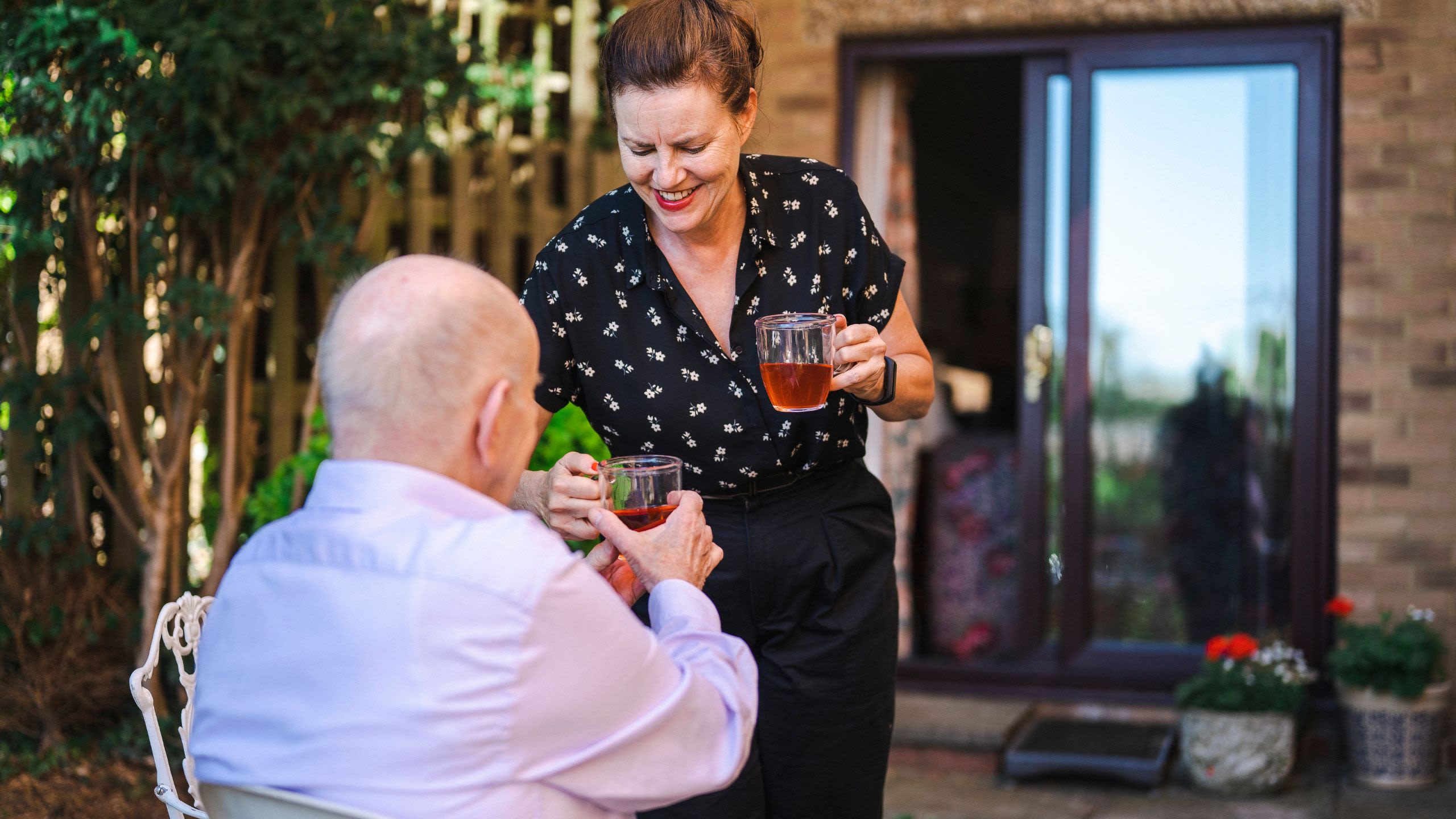
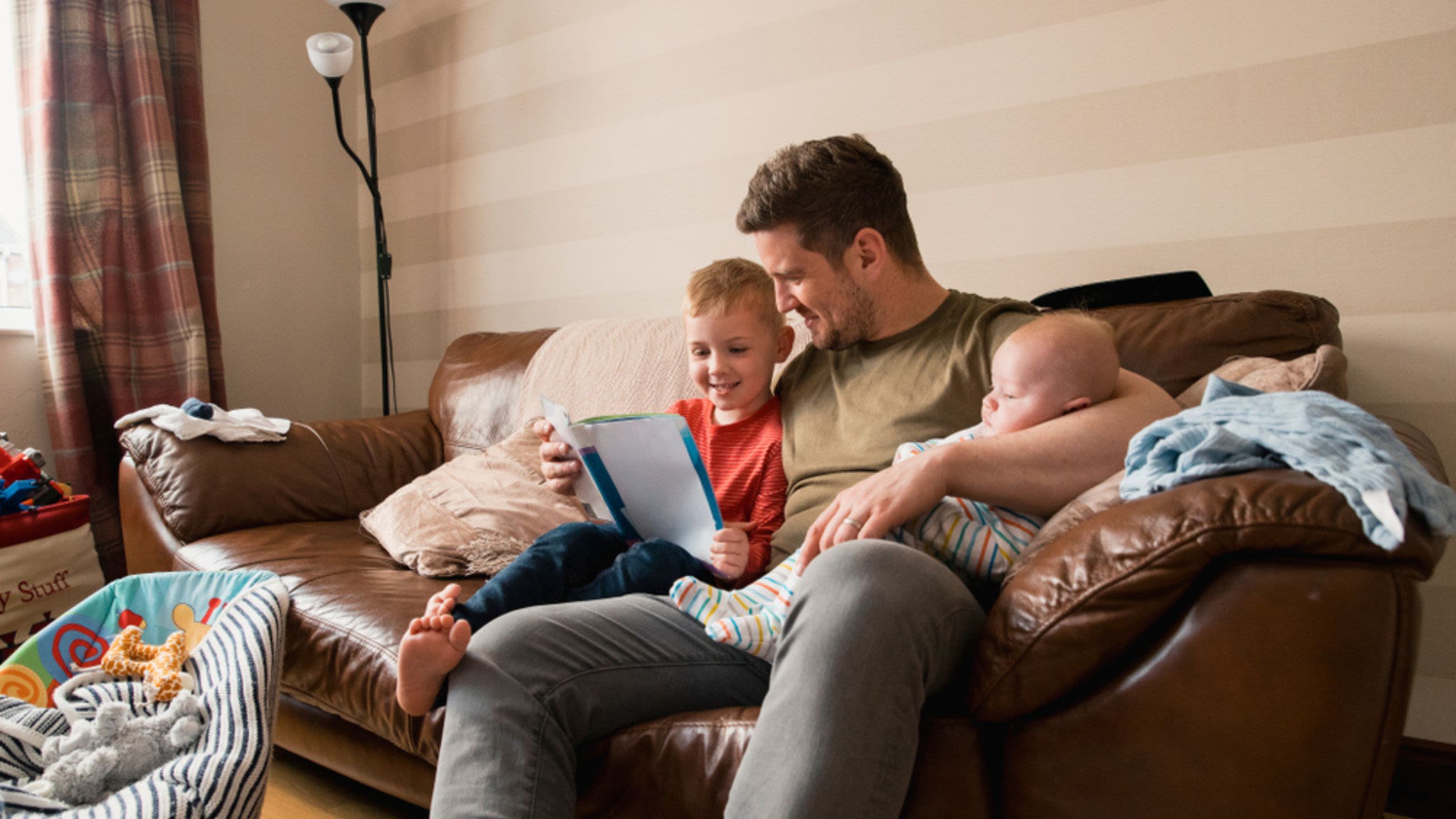
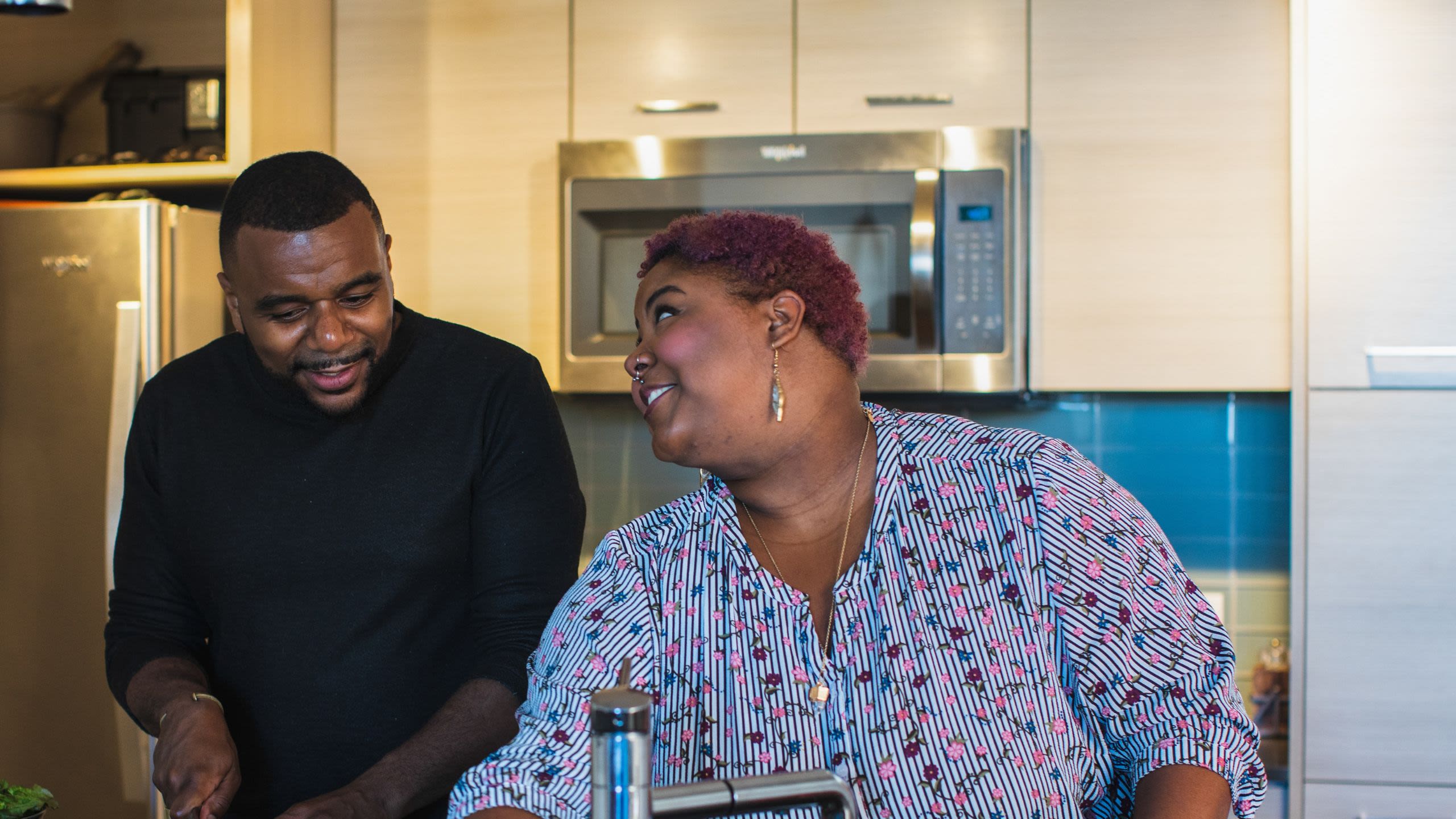
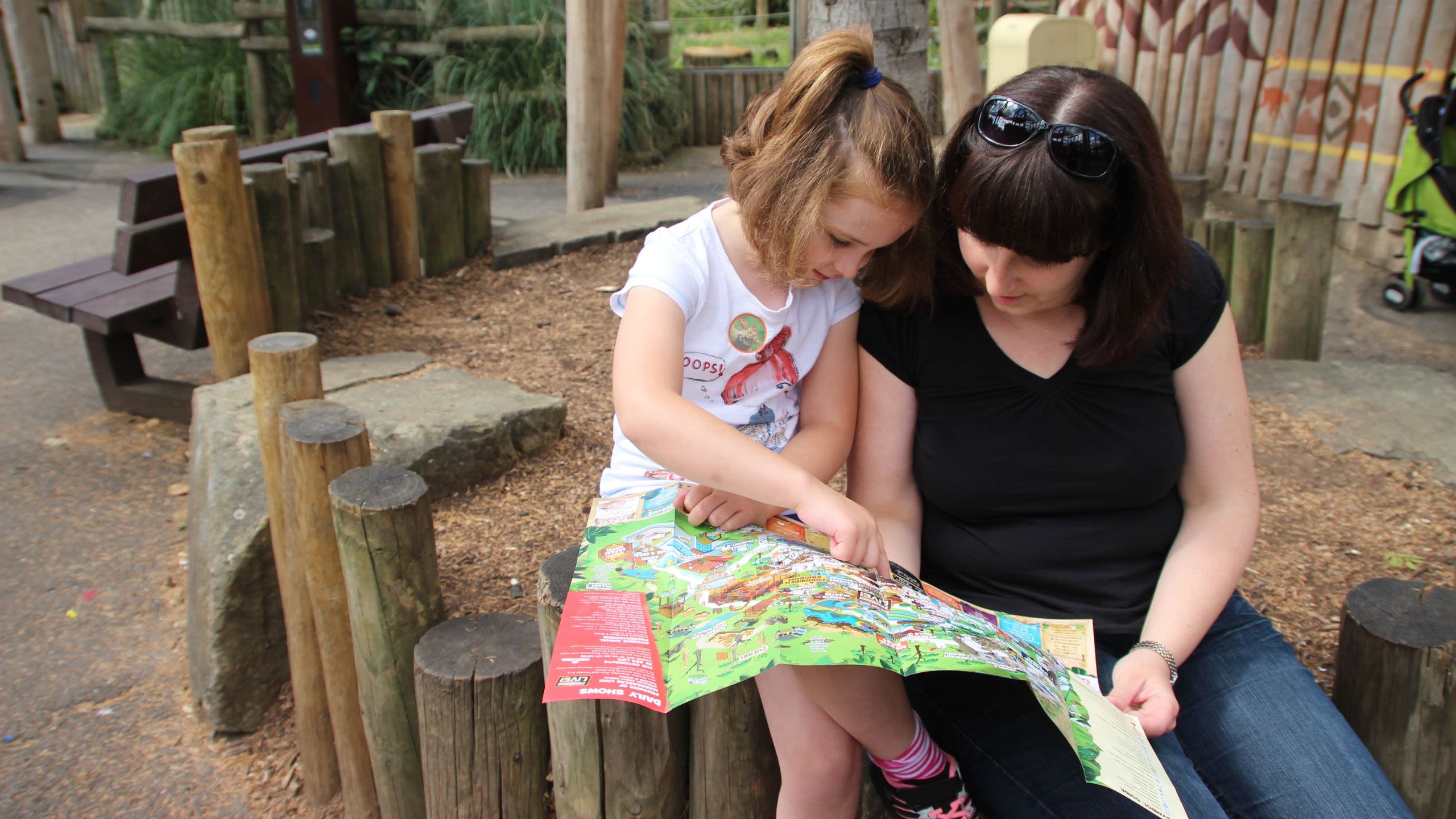
Understanding Society key statistics
150,000 people take part across UK
23,800 two-generation families take part
Over 2,100 three generation families - where grandparents, children and grandchildren - take part.
Understanding Society has been used by over 43,000 researchers and over 12,500 research papers have been published
Setting up the survey
The Study started in 1991 as the British Household Panel Survey (BHPS). After the rapid social changes of the 1980s, the BHPS was established so researchers and policymakers could better understand how changes were affecting individuals and households.
The BHPS was carried out by the University of Essex's Institute for Social and Economic Research until 2009, when it was decided to expand the study to become the more comprehensive Understanding Society.
Almost 6,700 of just over 8,000 BHPS participants accepted the invitation to join the 100,000 plus people invited to take part in the new Understanding Society.
Understanding Society is now the largest data investment in the country supported by UK Research and Innovation (UKRI).
In 2023 the Economic and Social Research Council and UKRI committed to new funding of £100million to support a further ten years of data collection.
The study is also funded to collect health information, including blood samples and genetic information.
These biomarkers are used in health and medical research and guide policy.
Recent research using biological data has found that living in private rented accommodation biologically ages people faster than living social rented housing or a home that you own, which could lead to health problems in later life.
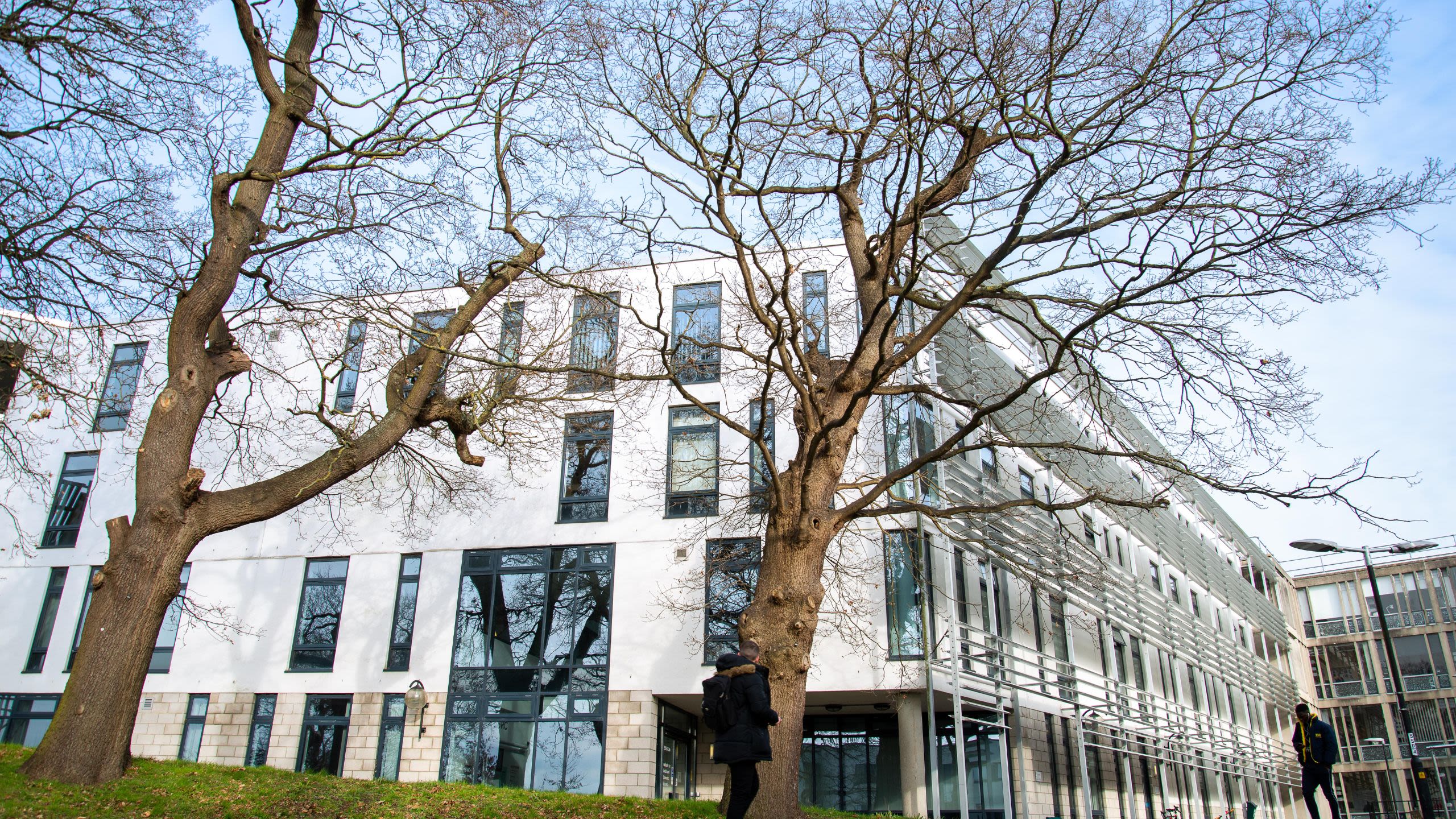
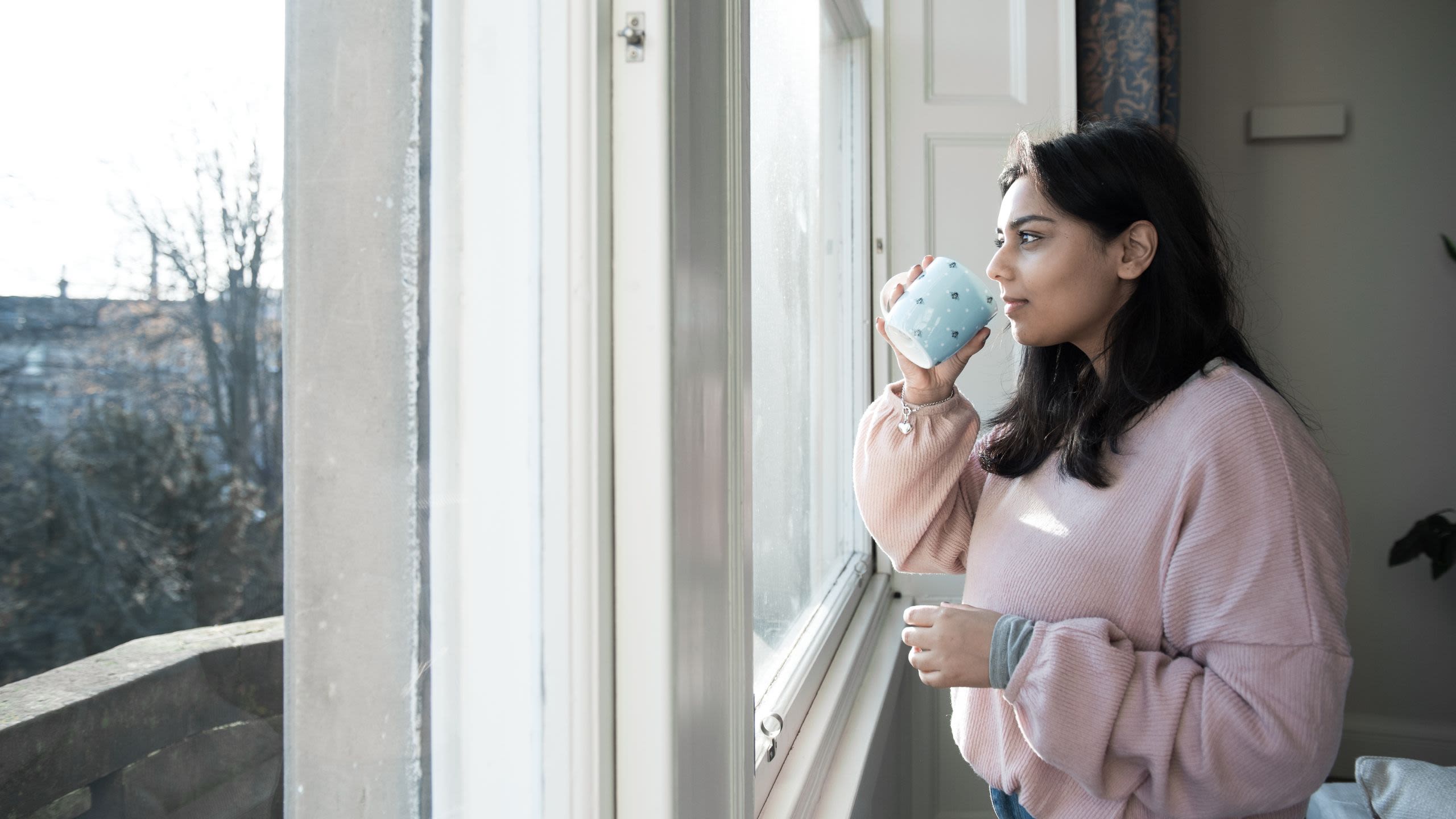
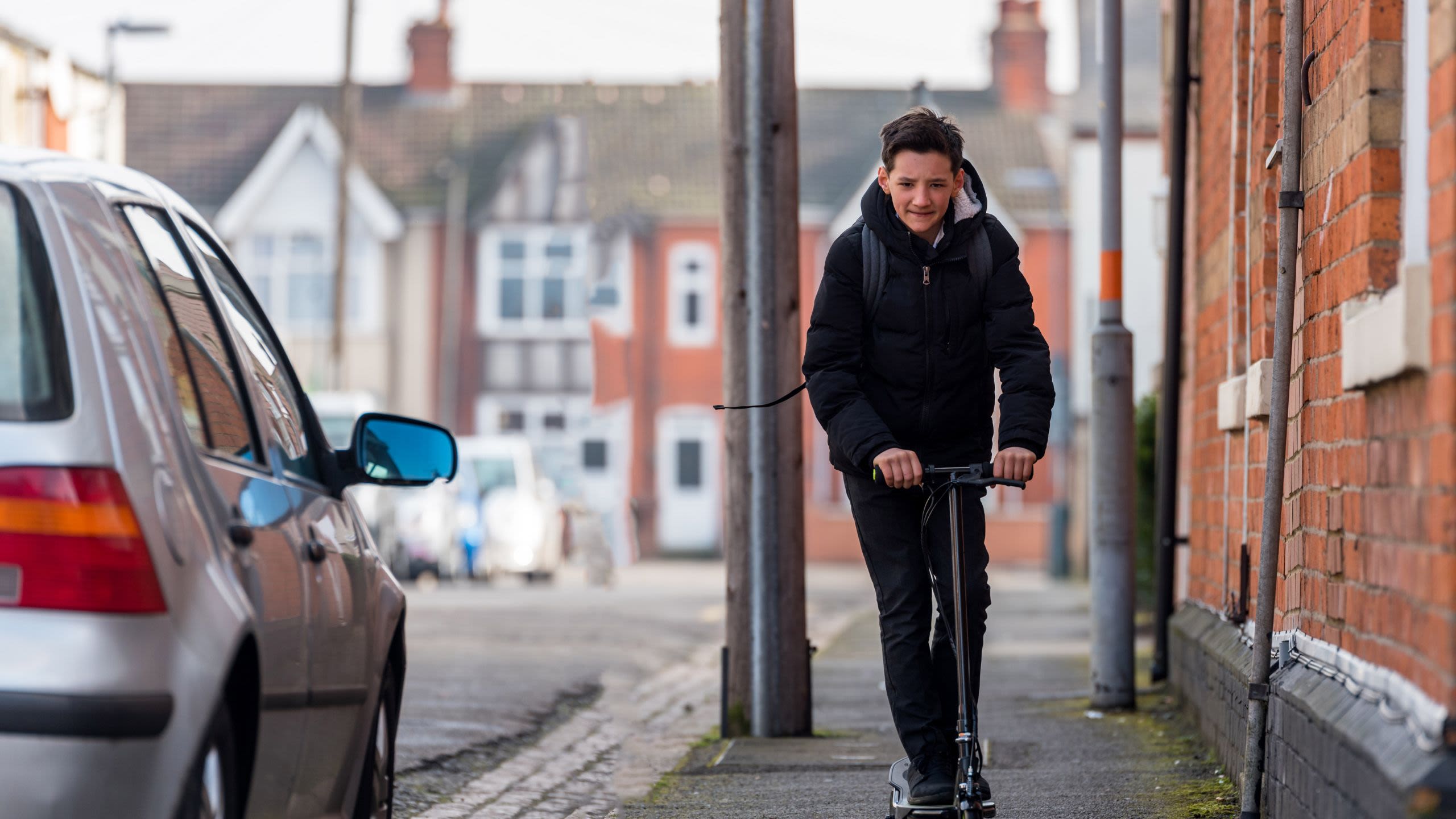
Sharing your life with researchers
The greatest strength of Understanding Society is the commitment participants have to the study.
The households who take part were selected to make sure that the study represents the whole UK population, so people can't volunteer – they were specially selected.
One of our participants* who has been with us since the very beginning, shares what inspired him to take part in the survey.
* All of our participants are anonymous for the purposes of data security.
“During the last few years, you have charted our ups and downs; we have moved three times, completed university courses as adult students, suffered ill health, and had bereavements. What makes it so special for us is the fact that you at Understanding Society have it all logged and use it for the benefit of others.”
Adult participant*
“I like filling in the self-assessment bit about my physical and emotional health because, as the questions don’t change, it makes me compare where I am now to where I was the year before. Understanding Society has been so important to me for all of my life and I feel it’s such a privilege to be a representative for other young people in my circumstances.”
Teenage participant*
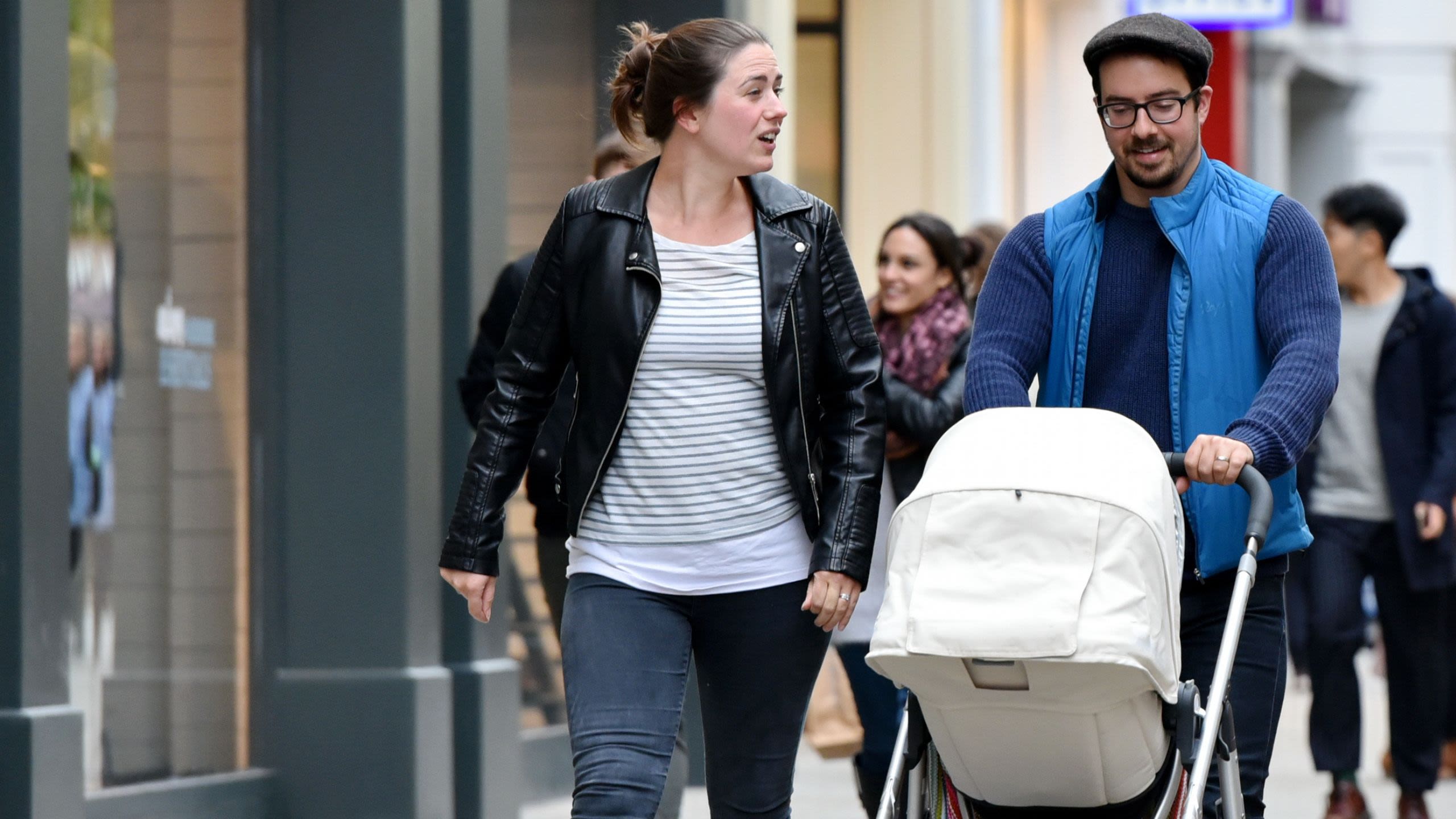
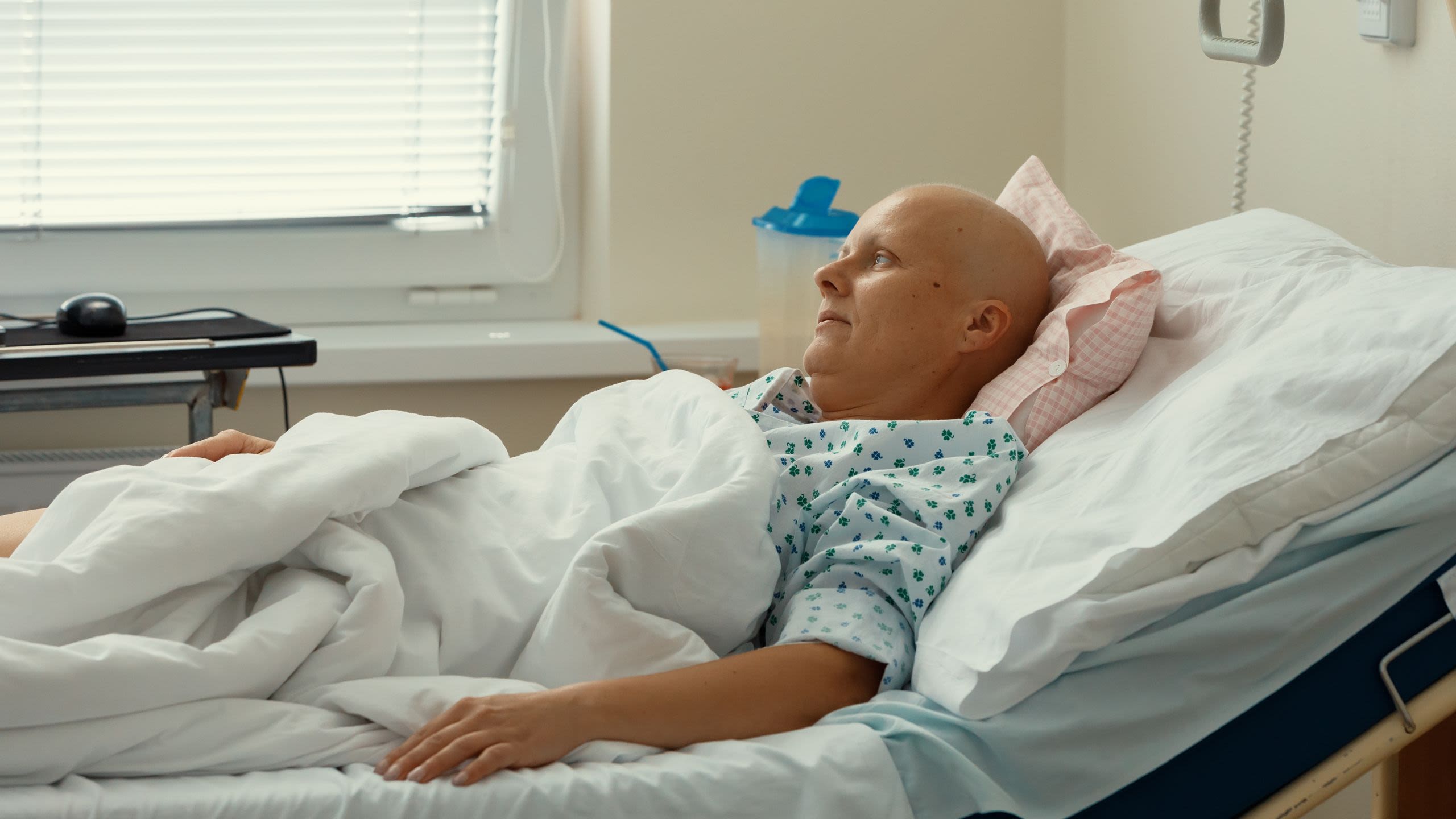
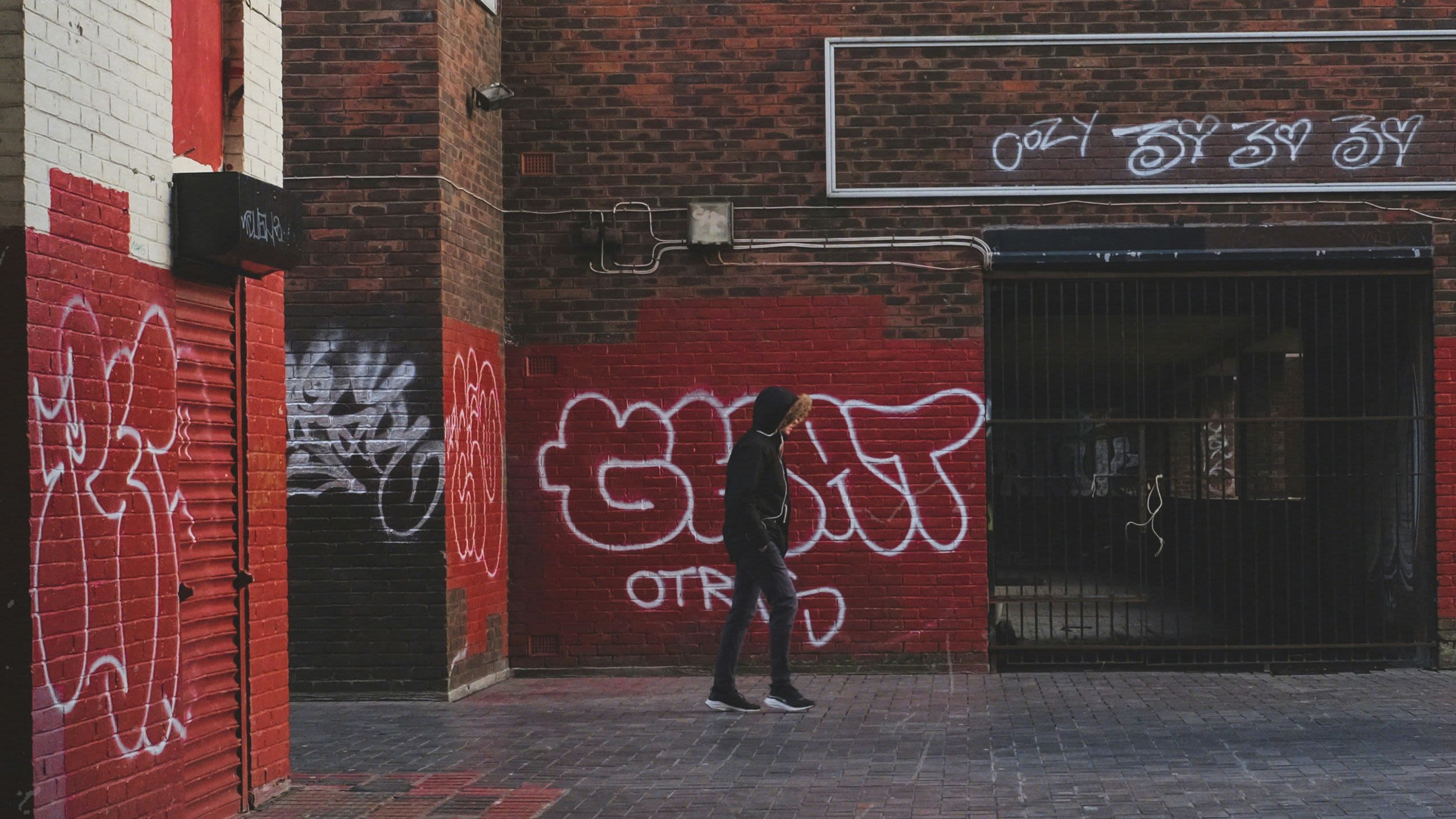
Data that is changing lives
Information from Understanding Society is used across government to inform decision making and guide new policy, as well as being used by thousands of university researchers each year.
Tackling poverty at the end of life
Charity Marie Curie used Understanding Society to find out who experiences poverty when they’re diagnosed with a terminal illness.
They found that the majority of people who become ill while still working, experience poverty at some point in the last five years of their life. The charity is using the research to campaign for the government to pay state pensions early for those who are terminally ill.
A home for everyone
The Homeless Reduction Act 2017 and was the first major piece of homelessness legislation for 15 years. The Act changed the way homelessness services are delivered and required local housing authorities to help all eligible applicants, rather than just those with a ‘priority need’.
The Act was driven by the Homeless Monitor, funded by Crisis and the Joseph Rowntree Foundation, which used data from Understanding Society to measure hidden homelessness and ‘sofa surfing’.
“Understanding Society has driven a wide range of research outputs, many of which would have been weaker or impossible without the Study. It has catalysed and underpinned changes impacting people’s lives, informing policy decisions, supporting third sector campaigns and facilitating public debate of timely issues.”
Economic and Social Research Council
Building a true picture of our nation
Understanding Society is used for official statistics in the UK.
These measure key points each year and the stability of Understanding Society makes it particularly suitable for these long-running statistics.
Data from the study is used in to measure many areas including children and young people’s wellbeing, the number of children living with a parent in emotional distress, how many people live in poverty, the employment rates for disabled people, how income and earnings levels change over time, and levels of smoking and vaping.
The study is also used to set the minimum wage and the Ofgem energy price cap.
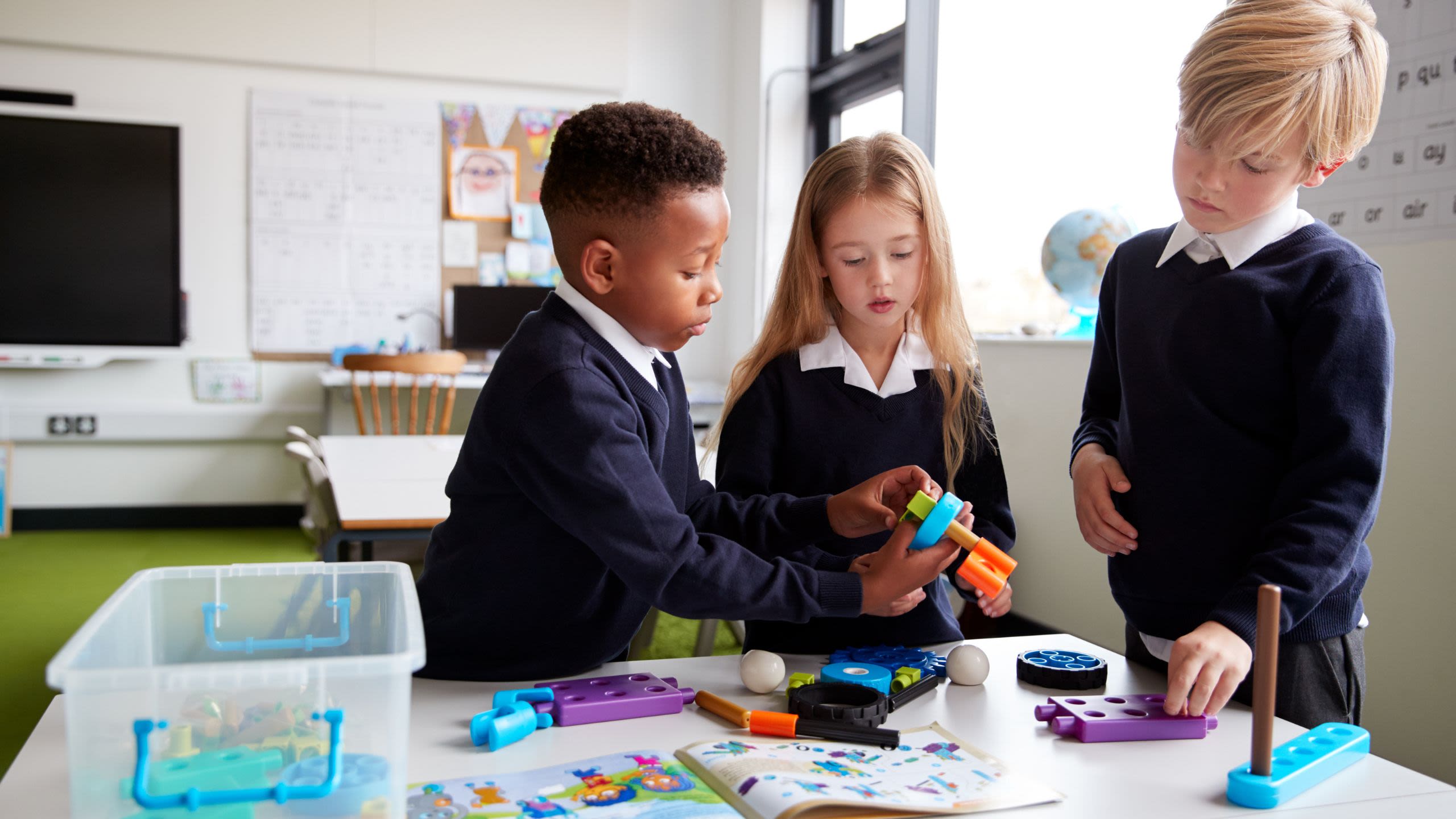
The new world of work
Our participants tell us about their working arrangements and this information has been used to find out more about remote and hybrid working patterns and what the new ways of working might mean for the future.
The analysis on changing workplaces was used to brief MPs on the pros and cons of flexible working and the potential reforms that could take place.
Under existing law, workers don’t have a statutory right to flexible working, only a right to request it after 26 weeks of working for the same employer.
In September 2021 the Government issued a consultation proposing to make flexible working a right for all workers from the start. Other proposals include employees having a legal ‘right to disconnect’ – giving workers the legal right to disengage from work and work-related communications, such as emails, during non-work hours.
Find out more
Understanding Society
Institute for Social and Economic Research - ISER
Sixty Stories
We’re celebrating 60 years of making change happen. 60 years of boldness and bravery from our students past and present. 60 years of creating change.

